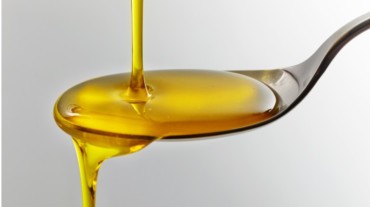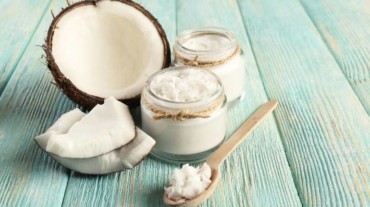
There is no dearth of people who glorify the health benefits of using certain kinds of oils for cooking—just because they’re fancy and come from the West.
Olive oil happens to be one cooking oil that’s been in vogue for a while now, thanks to the Italians using it to cook everything from pasta to pizzas and ravioli.
We Indians have been quick to imbibe the use of this holy grail of Mediterrean cooking. However, we’ve forgotten that our desi cooking methods have always been healthy and olive oil is not suited for the kind of dishes we prepare.
“Olive oil definitely helps to maintain heart health. However, due to its low melting point, it is not suitable for Indian cooking as it will burn at high cooking temperatures. So even though it can be used to garnish salads and pastas, it is not fit for cooking in the heat of the kadai or a tava,” explains Dr Dharini Krishnan, a Chennai-based dietician and nutritionist.
Wondering, which oil to use for cooking Indian dishes? Here are five easily-available and healthy cooking oil options recommended by Dr Krishnan:
1. Sesame oil
Also known as til ka tel, sesame oil is widely used for cooking South Indian dishes. However, it can be used to cook other Indian dishes as well as it is extremely healthy for you. Sesame oil is rich in healthy fats that promote heart health. It is also rich in antioxidants and has anti-inflammatory properties and thus, keeps your immunity strong and skin and hair healthy.

2. Khardi oil
Also known as safflower oil, it is widely used in Maharashtra, but can be used for cooking by everyone. It is rich in linoleic acid, which reduces LDL cholesterol (bad cholesterol) and promotes weight loss and heart health.
3. Coconut oil
Known for its distinctive aroma, coconut oil is used widely in South Indian as well as Thai cuisine. It has heart-friendly properties, is good for preventing diseases like Alzheimer’s, and is also rich in antioxidants that keep the immunity strong. However, it also has a relatively lower melting point and thus, should not be used to cook dishes that need constant or high heat.

4. Mustard oil
Also known as sarso ka tel, this oil promotes heart health, reduces bad cholesterol, and helps fight off several infections when consumed moderately.
5. Groundnut oil
Groundnut oil has a higher smoking point than the other commonly-used cooking oils. It is also a good source of vitamin E and antioxidants, which help reduce the free radicals in the body, keeping you protected against several non-communicable diseases and infections.
Select Topics of your interest and let us customize your feed.
PERSONALISE NOWYou’ve got to keep these pointers in mind when using any cooking oil
“When cooking, never overheat the oil as doing so can increase the temperature above the oil’s smoke point and this will break the fatty acids to create free radicals, kill the nutritional goodness of the oil, and harm your health instead,” says Dr Krishnan.
Another point to remember is the rule of moderation when it comes to consuming cooking oils. “An adult should not consume more than 15-20 millilitre of oil per day. Excess consumption of oils can raise cholesterol levels and drastically affect your digestion. As digestion plays a key role in absorption of nutrients, consumption of excess oil leads to nutrients not being absorbed properly by the body. It can also lead to obesity,” she warns.
Lastly, Dr Krishnan advises against using oils such as vanaspati that are rich in trans fats. “Oils rich in trans fats are usually used liberally in puffs and pastries at small bakery joints as an inexpensive alternative to butter. This can pose a threat to one’s cardiac health and weight loss goals,” she warns.